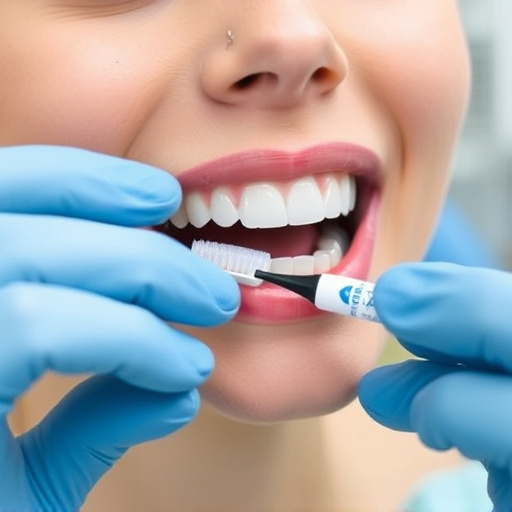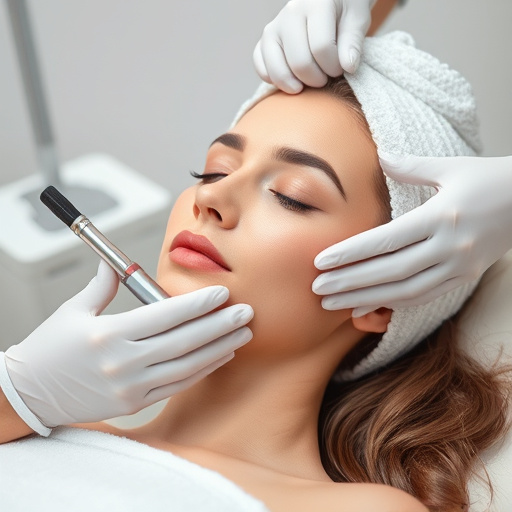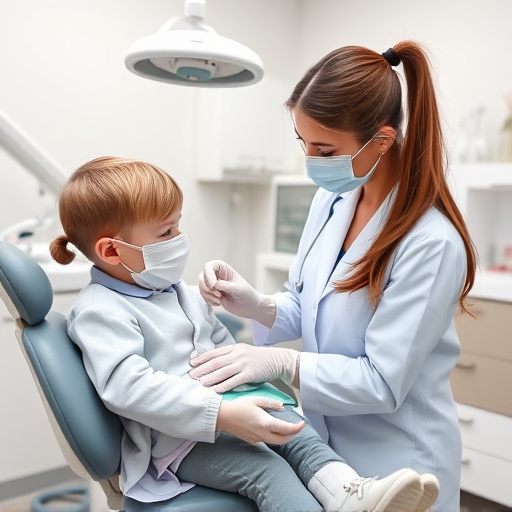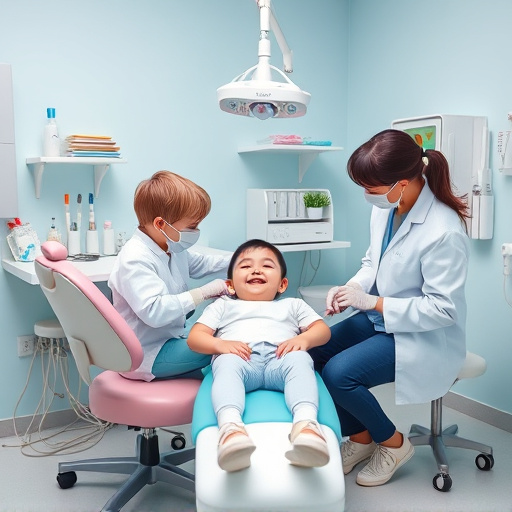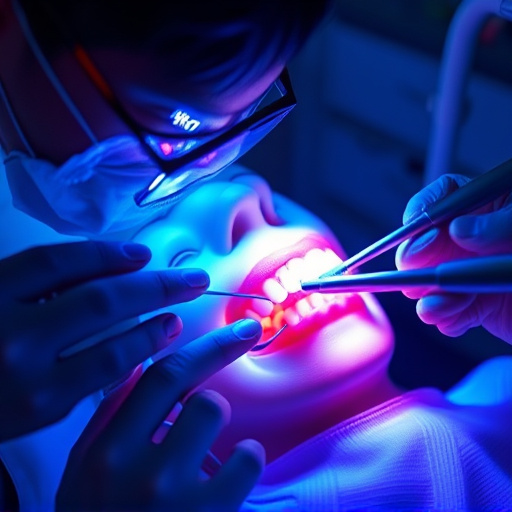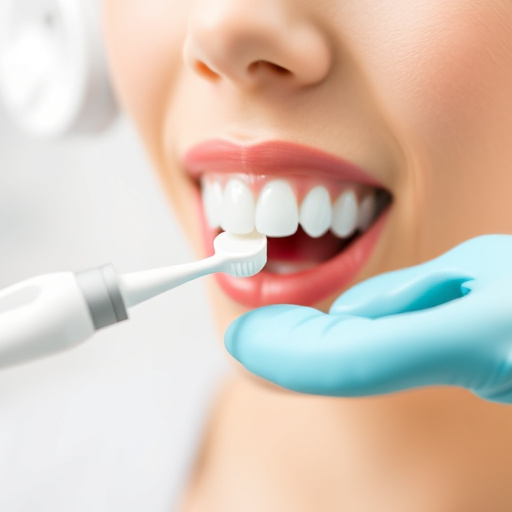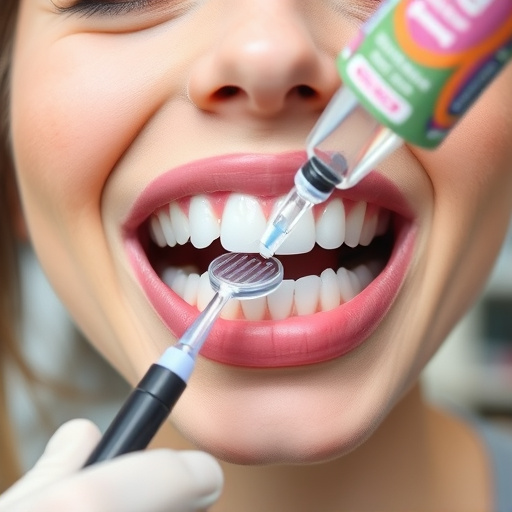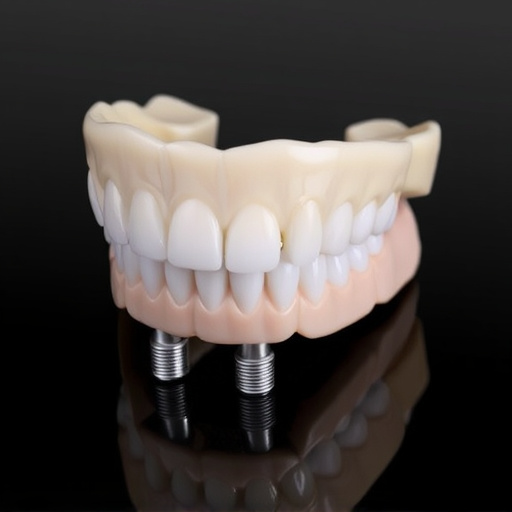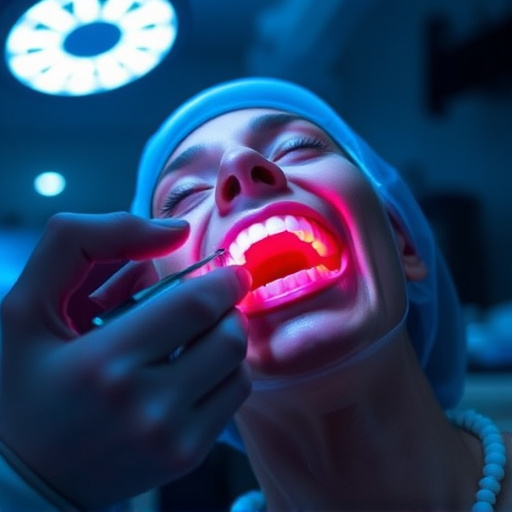Regular dental cleanings and exams every 6 months are crucial for preventive dentistry, maintaining optimal oral health, and avoiding costly procedures. Dentists detect early signs of decay or gum disease during these visits, enabling timely treatment. Dental cleanings remove plaque missed by brushing and flossing, freshen breath, prevent caries, promote healthy gums, and reduce the risk of systemic conditions linked to oral health issues. Frequency varies based on oral health history, age, lifestyle choices, and medical conditions like diabetes or periodontal disease. Good hygiene practices and a diligent dental care routine ensure strong, healthy teeth and gums into the future.
Regular dental cleanings and exams are vital components of maintaining optimal oral health. This article delves into the significance of these appointments, guiding you through understanding the importance of routine care, exploring factors influencing frequency, and offering practical tips to stay on top of your dental care routine. Discover how frequent visits can prevent issues, promote a healthy smile, and safeguard your overall well-being.
- Understanding the Importance of Regular Dental Cleanings
- Factors Influencing Frequency of Dental Appointments
- Maintaining Optimal Oral Health: Tips for Staying on Top of Your Dental Care Routine
Understanding the Importance of Regular Dental Cleanings
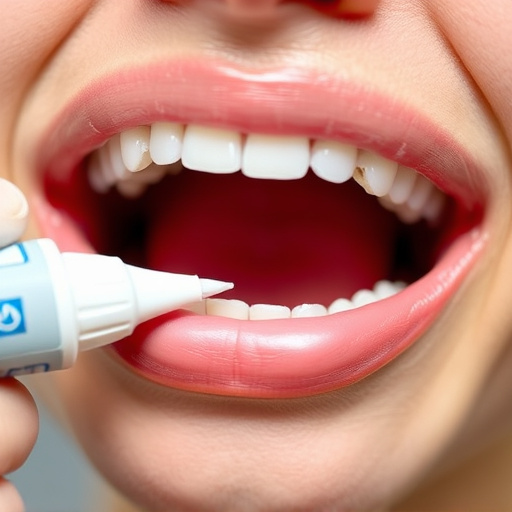
Regular dental cleanings and exams are a cornerstone of preventive dentistry. They go beyond addressing immediate dental issues; they’re crucial in maintaining optimal oral health and overall well-being. During a routine oral exam, your dentist can detect early signs of decay, gum disease, or other oral conditions before they become more serious. This proactive approach allows for timely treatment, preventing small problems from escalating into costly and invasive procedures.
Dental cleanings play a vital role in preventive dentistry by removing plaque and tartar buildup that brushing and flossing alone can’t address. Professional cleaning not only freshens your breath but also prevents dental caries, promotes healthy gums, and reduces the risk of systemic conditions linked to oral health issues. By incorporating regular dental cleanings and exams into your routine, you’re taking a proactive step towards enjoying a lifetime of strong, healthy teeth and gums.
Factors Influencing Frequency of Dental Appointments
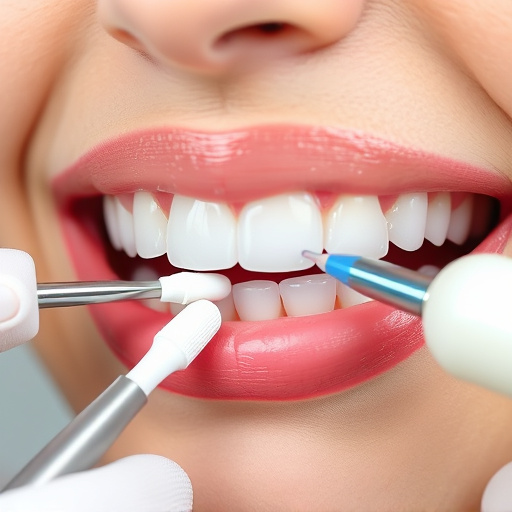
Several factors determine how often an individual should visit a dentist for a dental cleaning and exam. One of the primary considerations is oral health history. Patients with a history of periodontal disease, tooth decay, or other dental issues may require more frequent visits to prevent complications and maintain optimal oral health. Additionally, age plays a significant role; children and teenagers might need dental cleanings every 6 months due to ongoing development and increased risk of cavities, whereas adults typically visit every 6 to 12 months.
Other influences include lifestyle choices, such as smoking or drinking, which can impact gum health and increase the likelihood of oral cancer. Furthermore, certain medical conditions like diabetes or heart disease may necessitate more regular dental check-ups because these conditions are associated with higher risks of periodontal disease. Some individuals might also consider their dental needs in conjunction with other treatments, such as clear aligners or dental implants, which could influence the frequency of cleanings and exams to ensure proper oral care during and after these procedures.
Maintaining Optimal Oral Health: Tips for Staying on Top of Your Dental Care Routine
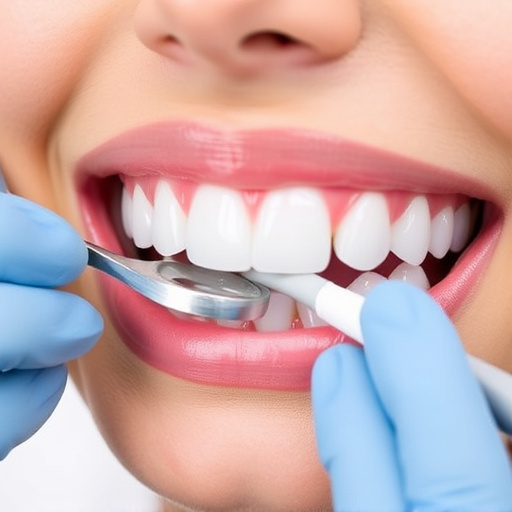
Maintaining a robust dental care routine is essential for optimal oral health. Regular dental cleanings and exams are cornerstone practices that prevent serious dental issues from arising. It’s recommended to schedule these appointments every six months, allowing your dentist to thoroughly examine your teeth and gums for any signs of decay, gum disease, or other potential problems. Early detection through these check-ups can make a significant difference in the effectiveness of treatment, often as simple as routine dental fillings or cosmetic fillings to more complex tooth repair procedures.
Between visits, practicing good oral hygiene habits is paramount. Brushing your teeth twice daily with fluoride toothpaste and flossing once nightly are non-negotiable. Additionally, using mouthwash can help reduce plaque buildup and freshen breath. Limiting sugary foods and drinks, known to contribute to tooth decay, further supports your efforts in maintaining a healthy smile. Regular dental cleanings and exams serve as your defense against oral health issues, ensuring your teeth and gums remain strong and healthy for years to come.
Regular dental cleanings and exams are essential components of maintaining optimal oral health. While the frequency can vary based on individual factors, a general guideline is to schedule appointments every six months. This routine allows for the removal of plaque buildup, early detection of dental issues, and the promotion of strong, healthy teeth and gums. By staying proactive in your dental care, you can prevent more serious problems down the line.




